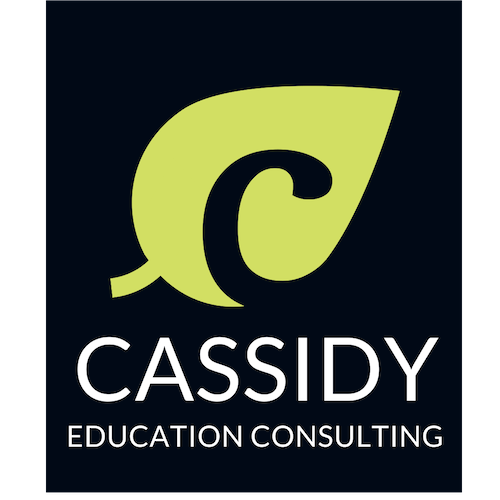A few years ago, I made it a personal mission to help people understand and address the ever-growing list of soft skills needed for success in today’s world of work. I sought out and studied Canadian and international policy documents promoting the importance of soft skills. After digging through the data, I discovered that all of the lists of skills, attitudes, and attributes could be grouped into four themes:
Skills for being: Skills and understanding in this theme have to do with self-awareness and self-management.
Skills for relating: This theme has to do with effective communication, building rapport and working with others.
Skills for knowing: Skills and understanding in this theme have to do with how you source, organize, make sense of, and create information.
Skills for doing: This theme has to do with the roles, expectations, and practices that you follow when you participate in groups.
After discovering this pattern I felt an umbrella term would help people understand the concept and landed on The Four Master Skills. While each skillset is unique in its own way, they are also interdependent. I use The Four Master Skills model in my teaching and training to help people take a broader view on their development. This framework also makes for an easy way to think about the factors needed to solve complex problems.
While education in the past focused solely on skills for knowing, today it is important to create lifelong learning programs that address all of The Four Master Skills equally.
Interested in using this cohesive approach? Get in touch.
